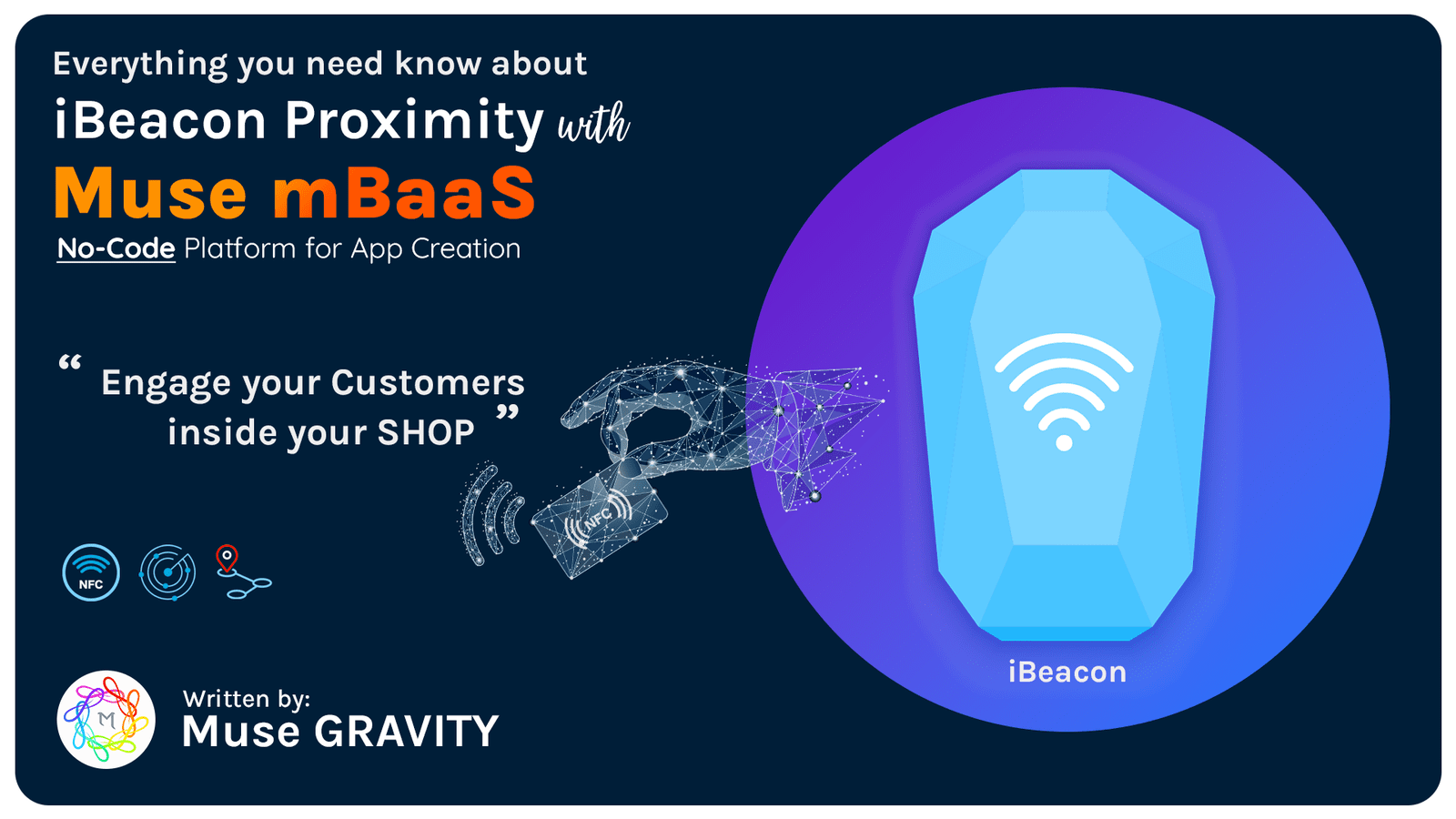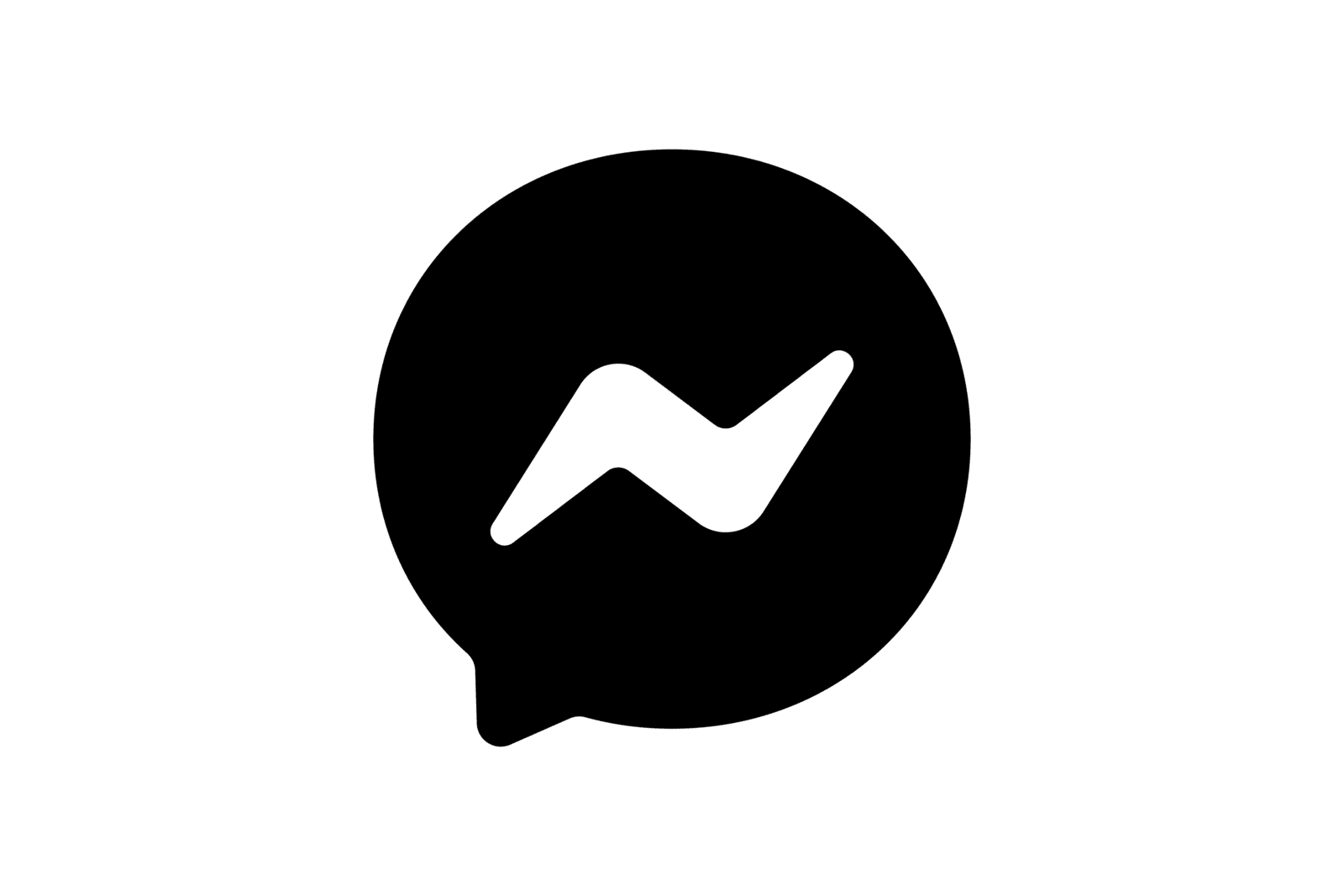
What is iBeacon Technology?
The iBeacon application is a cutting-edge technology that leverages Bluetooth Low Energy (BLE) signals to provide location-based information and services to iOS and Android devices. This innovative application enables businesses to engage with customers in very personalized manner by sending targeted messages and notifications based on their proximity to an iBeacon device. These devices are small enough to be placed anywhere and emit signals that an iBeacon-enabled app can pick up and interpret. This technology has revolutionized many businesses interaction with consumers, offering immense potential for enhancing customer experience in various settings like retail stores, museums, etc. By integrating iBeacon with their services, multiple companies can deliver contextually relevant content, which increases engagement and also fosters a deeper connection with their audience.
The story below helps you get to know:
What is iBeacon? How iBeacon Technology Work?
In the middle of a busy city stood a popular, glass-fronted shopping mall called Sunrise Plaza. It wasn’t just another mall with brand boards and bright lights – it was quietly becoming a testing ground for smart retail technology.
A lot of that change started with Emma, the mall’s technical manager. She was always hunting for new ways to make shoppers feel more connected and better informed, instead of just wandering around and missing good deals. That’s when she decided to roll out iBeacon technology across the mall.
Small beacon devices were placed at key spots – near store entrances, at billing counters, beside display racks, and around special sections. Most people hardly noticed the tiny gadgets on the walls or counters, but they were constantly sending out Bluetooth signals, waiting for someone’s phone to listen.
One of those people was Sarah, a regular at Sunrise Plaza. She had downloaded the Sunrise Plaza app, mostly for store timings and the mall map. What she didn’t realize at first was how much smarter her visits were about to become.
One day, Sarah walked into her favorite bookstore. As she was wandering between shelves, her phone gently pinged. Curious, she took it out and saw a popup notification from the Sunrise Plaza app. The message lwas about the book-signing event in an hour, and that she could book ticket directly from the app.
Normally, Sarah would have walked out of the store without ever knowing such an event was happening. Thanks to that alert, she quickly booked her place and added it to her plans for the day.
Later, while strolling past a newly opened coffee shop on another floor, her phone buzzed again. This time, the notification said: “Welcome to Brew & Bean! Get a free pastry with any coffee purchased in the next 60 minutes.” The offer had been triggered by the coffee shop’s iBeacon as she walked by.
Already a little tired from walking, Sarah smiled, stepped inside, and treated herself to a coffee and a pastry she hadn’tplanned on—but thoroughly enjoyed.
Behind all these smooth little moments was the iBeacon system quietly doing its job. Each beacon kept broadcasting a Bluetooth signal. Whenever Sarah’s phone came within range, the Sunrise Plaza app detected the signal, recognized which store or area she was near, and then showed her a relevant message—an event, a discount, or a special offer.
Instead of bombarding her with random ads, the app only stepped in when it actually mattered: when she was close enough to act on it.
For Sunrise Plaza, this wasn’t just about technology for the sake of it. It was about making the physical shopping trip feel as smart and convenient as online browsing—bridging the gap between digital and in-person experiences.
Shoppers like Sarah began to notice that their visits felt more personal and useful. They weren’t just roaming around; they were being gently guided toward things they might appreciate—without feeling pushed or interrupted.
Seeing how well it worked, Emma didn’t stop there. She started experimenting with more ideas:
- welcoming messages when people entered the mall,
- loyalty rewards triggered when someone visited the same store multiple times,
- and location-based tips to help visitors discover new brands or sections they’d usually walk past.
Over time, Sunrise Plaza became known not just as a place to shop, but as a place where your phone quietly helped you get the most out of your visit. Each trip felt a little different, a little more tailored, and often filled with pleasant surprises.
All because some tiny, almost invisible devices were working in the background, and a simple app knew how to listen.
Advantages of iBeacon technology
In smart homes or offices, iBeacon technology can automate various actions like turning on lights or adjusting thermostats as a person moves through different rooms.
1. Enhanced Customer Experience in Retail :
Retailers can use iBeacons to send specific offers and product information to customers' phones as they browse different store sections. This targeted approach could significantly enhance the shopping experience and increase sales.
2. Improved Information and Navigation in Museums and Public Spaces :
iBeacons can provide visitors with detailed information about exhibits as they approach them, enhancing the educational and interactive experience. Similarly, in airports or shopping malls, they can assist with navigation, helping visitors to find specific stores, gates, or amenities.
3. Event Management and Engagement :
During events like conferences or concerts, iBeacon technology can be used for check-ins, navigating venues, and sending information about sessions or offers directly to attendees' mobile devices.
4. Location Based Analysis :
Businesses can gather valuable data on customer movements and behavior within their premises. Shop owners may use this information to optimize store layouts, enhance product placement, and improve customer service.
5. Proximity-based Marketing :
Marketers can leverage iBeacon for proximity-based advertising, sending customized promotions and alerts to nearby potential customers, thus increasing the likelihood of impulse purchases or visits.
6. Improved Security and Tracking :
7. Automating Tasks and Interactions :
In smart homes or offices, iBeacon technology can automate actions like turning on lights or adjusting thermostats as a person moves through different rooms.
Can we integrate iBeacon technology with Muse mBaaS:
Muse mBaaS (Mobile Backend as a Service) provides a robust platform that can effortlessly integrate with iBeacon technology, enhancing the capabilities of mobile apps with location based services. By using Muse mBaaS, app owners can easily add and manage iBeacon functionalities into the apps, making engaging and context aware user experiences.
How Muse mBaaS can facilitate the integration of iBeacon technology into their app:
1. Backend Support for iBeacon Data :
Muse mBaaS can handle the backend complexities associated with storing and processing the data transmitted by iBeacons. It includes customer interactions, location data, personalized content, and message delivery.
2. Scalable Infrastructure :
Muse mBaaS can handle the backend complexities associated with storing and processing the data transmitted by iBeacons. It includes customer interactions, location data, personalized content, and message delivery.
3. Easy Integration with Existing System :
Muse mBaaS, a no-code platform, has an option that allows easy integration of iBeacon technology with the business's app.
4. Real-Time Data Processing :
With Muse mBaaS, the app can process real-time data from iBeacons, instantly delivering personalized notifications and content to users, as per their location and behavior.
5. Enhanced User Experience :
6. Security and Compliance :
Data security is critical, especially if we are dealing with customer information. Muse mBaaS ensures that the data collected through iBeacons is securely stored and processed, complying with relevant privacy laws.
7. Analytics and Insights :
The integration also collects valuable analytics on user behavior and engagement, which app owners can use to polish marketing strategies and enhance the overall customer experience.
How can we integrate iBeacon with Muse mBaaS?
You can Buy the iBeacon from the following websites:
Conclusion:
No Credit Card Required
Your Questions, answered
















